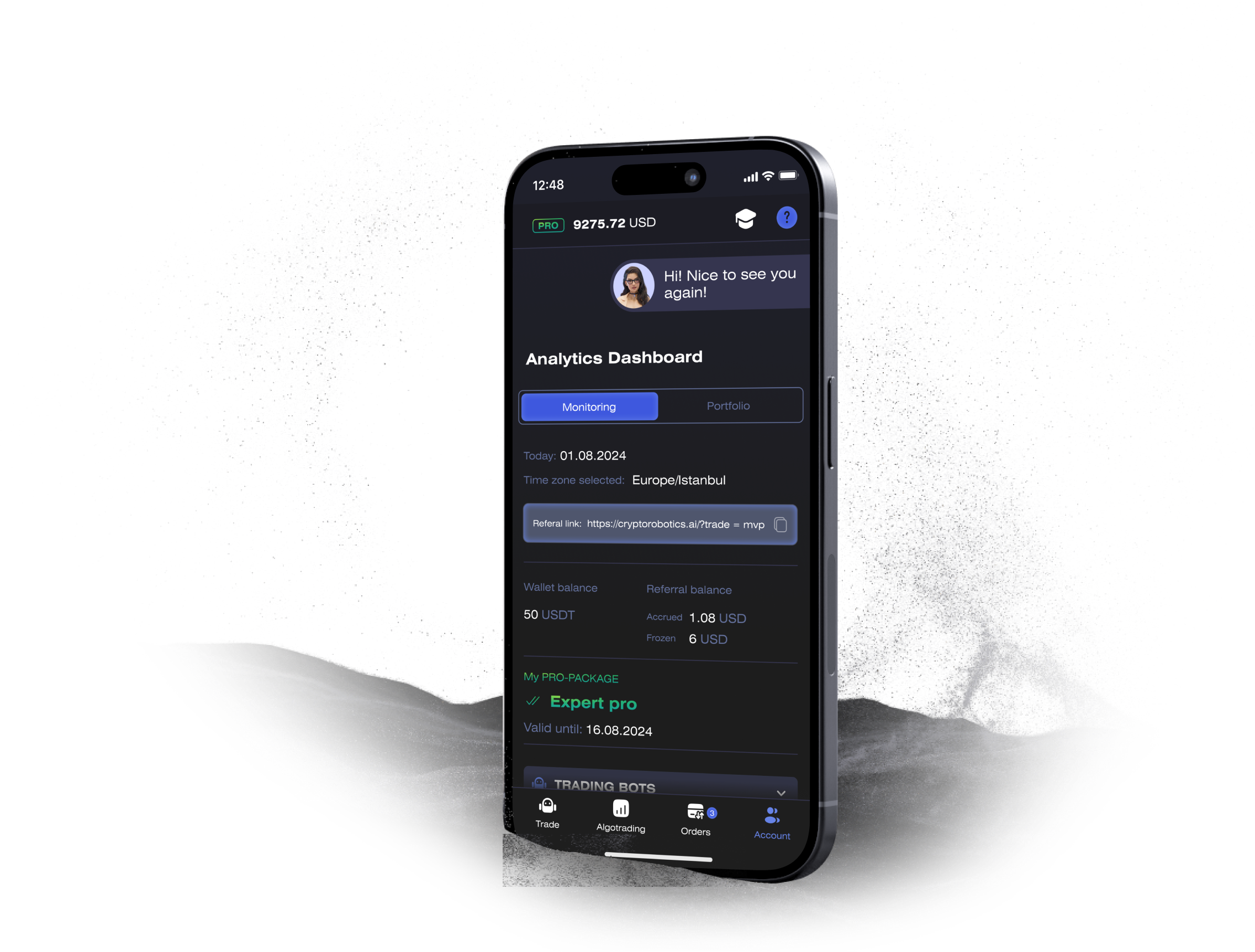Published: November 09, 2024 at 1:11 pm
Updated on December 10, 2024 at 7:38 pm


I’ve been diving deep into the murky waters of crypto mixers lately, and I have to say, it’s a mixed bag (pun intended). On one hand, you have the legitimate need for privacy; on the other, an avalanche of regulatory pressure. The recent case of Roman Sterlingov, founder of Bitcoin Fog, really brought this issue to a head.
So what are crypto mixers? Essentially, they’re services that blend different cryptocurrencies together to obscure where the coins came from. Think of it like washing your dirty laundry—only some folks are using it to hide ill-gegotten gains. And that’s where things get dicey.
Sterlingov was recently sentenced to 12.5 years in prison (which is still pretty harsh) and ordered to pay $395 million in forfeiture. His mixer allegedly laundered over 1.2 million BTC! That’s a staggering amount. The U.S. government is clearly sending a message: if you’re running a mixer, you’re on borrowed time.
While some in the crypto community are rallying around Sterlingov—claiming he’s a scapegoat—the DOJ seems unfazed. They’ve already set their sights on other mixers like Tornado Cash.
The U.S. Department of Justice and other regulatory bodies are not playing around anymore. They’re proposing things like the Blockchain Integrity Act which could effectively blacklist any funds that have passed through mixers.
But here’s where it gets complicated: as these platforms face increased scrutiny and potential shutdowns, will they simply adapt? You can bet your bottom dollar that compliant mixers will pop up faster than you can say “crypto currency online.” And those that don’t comply? They’ll just go underground.
It’s almost poetic that as regulators tighten their grip on mixers, more people might turn to “privacy coins” like Monero or Zcash—coins designed specifically for untraceability! But then again, isn’t that just inviting more attention from the authorities?
As we navigate this rapidly changing landscape, one thing seems clear: the future might be a dual system. Compliant mixers could serve those with legitimate needs while non-compliant ones continue to operate in shadows—perhaps exacerbating the very issues regulators aim to combat.
So what do you think? Are we seeing an overreach by regulators or is it just fine-tuning? And are crypto mixers destined to become compliant—or simply vanish into obscurity?
Access the full functionality of CryptoRobotics by downloading the trading app. This app allows you to manage and adjust your best directly from your smartphone or tablet.

News
See more



Blog
See more